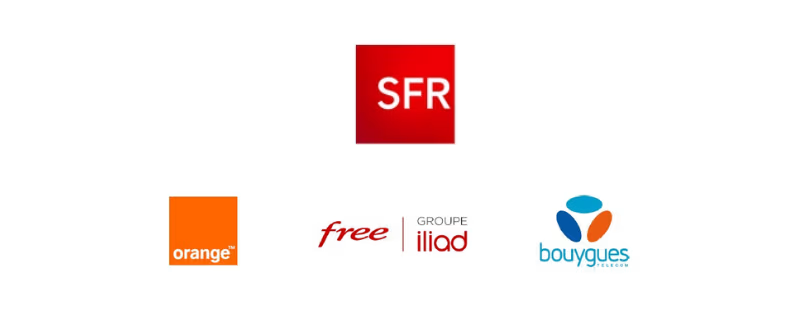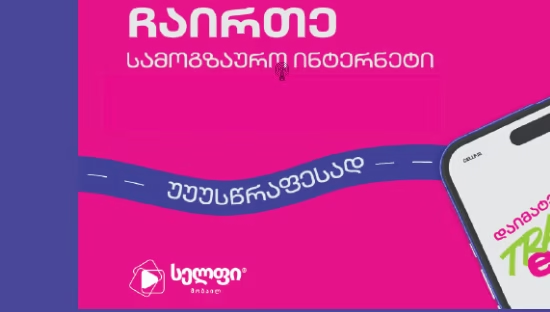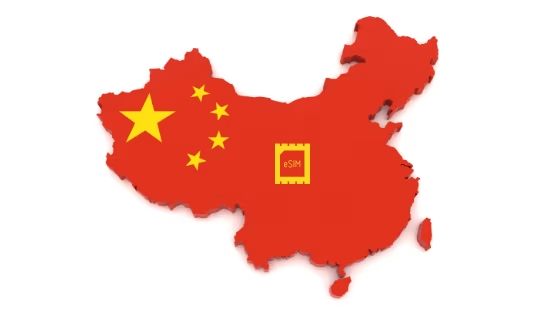
3 Telecom Giants — Bouygues, Free, and Orange — Make Joint €17B Offer for Altice France
France’s telecom landscape is on the brink of a seismic shift. Bouygues Telecom, Free-iliad Group, and Orange — three of the country’s largest operators—have officially teamed up to acquire a major portion of Altice France’s assets, including most of SFR’s operations. SFR acquisition
The consortium’s indicative offer values the targeted Altice France assets at €17 billion, implying a total enterprise value north of €21 billion for the entire SFR business. If completed, this would be one of the largest telecom transactions in France in recent memory—rivaling major European consolidation moves seen in Italy, Spain, and the UK.
What’s on the Table
The offer covers the core of SFR’s telecom division, excluding a few key parts of the Altice empire: its stakes in Intelcia, UltraEdge, XP Fibre, Altice Technical Services, and operations in French overseas territories.
Here’s how the consortium plans to divide the spoils:
- Bouygues Telecom and Free-iliad Group would assume control of SFR’s B2B operations, reinforcing their growing presence in enterprise connectivity.
- The B2C (consumer) segment would be shared among Bouygues, Free, and Orange, ensuring market balance and customer retention.
- Infrastructure and spectrum—the crown jewels of telecom—would be split proportionally, with Bouygues Telecom expected to acquire SFR’s mobile network in less populated regions, boosting its rural 5G footprint.
Indicatively, the value split stands at 43% for Bouygues Telecom, 30% for Free-iliad Group, and 27% for Orange — a structure reflecting each operator’s market positioning and growth ambitions.
A Deal Still in Motion
For now, this is a non-binding offer—the equivalent of putting a marker on the table. The next phase will involve intense due diligence: financial vetting, operational checks, and employee consultations. The entire process will also require the blessing of French regulators, including ARCEP (France’s telecom authority) and the Competition Authority, which will be particularly watchful of market balance and consumer impact.
Interestingly, the plan also includes a transitional joint company to manage assets that can’t be transferred immediately. Altice’s existing employees would continue to operate these units, ensuring business continuity and a smooth customer migration.
Still, all three bidders have been cautious—there’s no guarantee the deal will close. The telecom sector is no stranger to drawn-out negotiations that ultimately stall due to regulatory pushback or valuation disagreements.
Who Are the Key Players?
Orange, France’s largest operator, remains a global telecom powerhouse. With €40.3 billion in revenue (2024) and 300 million customers across 26 countries, it’s not just a local leader but an enterprise service giant through its Orange Business division.
Free-iliad Group, led by telecom maverick Xavier Niel, serves over 51 million subscribers in France, Italy, and Poland, with €10 billion in annual revenue. Known for aggressive pricing and innovation, Free has long positioned itself as the challenger shaking up traditional models.
Bouygues Telecom, meanwhile, remains a consistent performer in both mobile and fixed broadband, with 27.1 million mobile and 5.3 million fixed-line users. Its 5G coverage already spans 84% of the French population, and it has publicly committed to cutting carbon emissions by nearly 30% by 2027.
A Deal That Could Redefine the Market
If this acquisition goes through, it will reshape the French telecom market in multiple ways:
- Fewer, stronger operators could mean more efficient infrastructure sharing and lower operating costs.
- Competition in the B2C market would likely remain robust, as Free continues to challenge incumbents on pricing.
- Enterprise and B2B connectivity, however, could see deeper consolidation—potentially creating a duopoly in certain service tiers.
- Network investments, especially in fiber and 5G, would accelerate, aligning with France’s digital transformation goals.
Analysts at Les Échos and Financial Times suggest that such a move could finally stabilize one of Europe’s most competitive telecom markets, where intense price wars have long eroded margins.
The Bigger Picture: A Europe-Wide Trend
This move mirrors a broader European consolidation trend. In Italy, Iliad’s merger talks with Vodafone Italia were heavily covered earlier this year, and Spain’s MasMovil and Orange merger is still under close EU scrutiny. Regulators are slowly recognizing that fewer but stronger operators may actually benefit consumers through better coverage and innovation—as long as pricing remains fair.
However, the Altice France deal carries added complexity. Altice’s heavy debt load and Patrick Drahi’s ongoing asset sales strategy have created both urgency and uncertainty. Analysts at Bloomberg Intelligence warn that financing could still be a sticking point, especially given the European Central Bank’s tighter credit climate.
The Verdict about SFR acquisition
If successful, this consortium-led acquisition could reset the balance of power in French telecoms—from price wars to performance wars. Instead of competing solely on who’s cheaper, operators may finally focus on who’s faster, more reliable, and more sustainable.
Yet, regulatory green lights will decide the story’s outcome. A deal of this scale requires not just financial alignment but trust from regulators and consumers alike.
In many ways, France could become a case study for the next generation of European telecom consolidation—where collaboration, not just competition, defines who wins the connectivity race.











